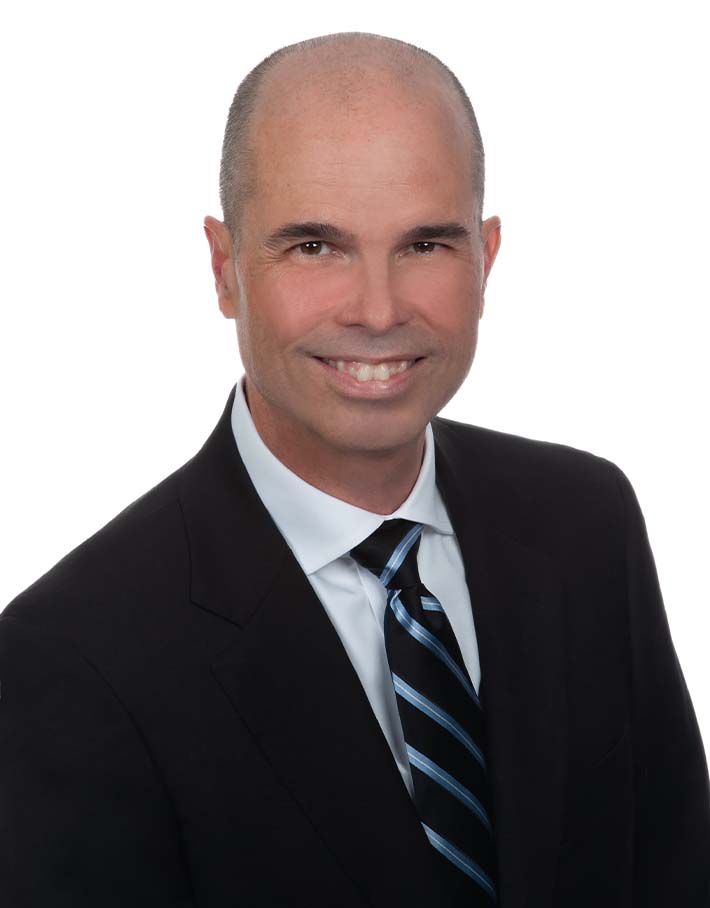
In this Oyster Stew podcast, Oyster’s experts give an overview of Reg BI and the basic requirements of the rule. Oyster Consulting’s industry practitioners have the real-world compliance expertise to support your efforts to enhance your firm’s Reg BI policies and procedures. We are well-positioned to complete a thorough, independent assessment of your firm’s Reg BI program and can provide you with a report that includes our recommendations and best practices to comply with Reg BI’s requirements.
Reg BI – Who’s Affected and What firms Should be Doing Now
Links that might be helpful:
The Press Release from the Securities Exchange Commission
Transcript
Oyster: 0:06
Welcome to this week’s serving of Oyster Stew, a mix of financial services, commentary and insight . Each week we’ll discuss what is happening in the industry based on what we see as we work with regulators and clients. We hope you come away with the knowledge and tools to help you make the best decisions for your firm’s future. You can learn more about oyster consulting and the value we can add to your firm by going to our website, www.oysterllc.com
Polly Cordle: 0:33
Okay, so we are talking about Reg BI this week. So with the new Reg BI, who exactly does the new rule apply to?
Buddy Doyle: 0:45
So Reg BI is a broker-dealer standard of conduct. There are some components as you read through it that get into the investment advisor world, but we kind of look at it as a broker-dealer or a person associated with the broker-dealer kind of regulation. That’s where the real work’s gonna need to be done. Whether you’re just a broker-dealer, dual registrant, or a hybrid. The fact that there’s a broker-dealer involved is going to be what triggers it, the big part of the work for you. The other thing to keep in mind with Reg BI is that it is specifically around retail customers, so it’s not applicable to prospects who don’t receive or act on a recommendation and it’s not an institutional client-based pool as well. So when you look at it, it really is broker-dealers and retail customers, is kind of where we think about Reg BI.
Polly Cordle: 1:45
So not your investment bank type clients?
Buddy Doyle: 1:49
Yeah. Usually those would not be somebody, unless you’re doing a private placement, where it is going out to a high net worth individual. A high net worth individual is still a natural person and so there is a slight tweak to the definition of retail client in terms of, it doesn’t matter how many assets you have, it matters whether you’re a person or not. The other component of retail customer that’s a little different is the non-professional , a person acting on behalf of a natural person. So the non-professional trustee on a trust for an individual would be something that would be considered a retail customer going forward.
Polly Cordle: 2:31
Okay, sounds good. So what are the basic requirements once you get past everything that you read in the articles and things like that, what are the basic requirements at the requirement?
Buddy Doyle: 2:42
When you get down to it, there are four basic obligations that are spelled out in the rule. There is a care obligation, so you have to offer reasonable diligence and care and skill when making a recommendation. There’s a conflict of interest obligation establishing, maintaining and enforcing policies and procedures designed to identify and fully and fairly disclose all material facts about conflicts. The next obligation would be disclosure and again, full and fair disclosure, you have to provide that disclosure before the time of the recommendation about the relationships . So in what capacity are you acting in a broker-dealer, if you’re a dual registrant or an investment advisor, disclosure around fees and charges and disclosure around the types of services that you’re providing, where you would have to, if you are providing services to do ongoing monitoring. For example, you would have to supply the investor with some specifics around the frequency of that monitoring and what the scope of that monitoring is . And then the last obligation is a compliance obligation, where you establish, maintain and enforce your policies and procedures to comply with the rule .
Speaker 5: 4:07
What is Oyster doing to prepare for this?
Buddy Doyle: 4:14
So Oyster has kicked off it’s Reg BI working groups and there are a few. Anyone who has looked into the regulation, gone to the SEC source instead of just getting t he chatter of opinions on one side or the other, understands that there’s almost 800 pages in the rule release itself. And so some of us have been through that and been defining the requirements of the rule. We have a working group established, j ust a large group of people that have come together and we’ve assigned out the obligations to different folks to really start drilling into those obligations. That 800 page release – there’s a lot of footnotes in there referring to other documents with other guidance and statements that have been made over time, and so in order to make sure that Oyster’s customers fully c omply with this rule a nd understand what needs to happen, we have to make sure we’re really well educated as well. So that has has begun and it is going to be ongoing. As more guidance comes out from the regulators, as frequently asked questions a re published, as you find things in the rule that aren’t clear as to a direction to go, that group will be meeting to debate the topic and come up with the best answer for our clients
Speaker 5: 5:44
And I’d imagine we’ll be touching on it in the podcast quite frequently.
Buddy Doyle: 5:50
I think the rule has a one year implementation that’s assuming no extensions. I’m not sure you would assume no extensions on this rule. It’s a pretty big rule. It gets into the core of what broker-dealers do in servicing their retail customers. It is a totally new approach to suitability, in sort of the historical way of looking at this. So there’s a lot to go through.
Speaker 5: 6:19
That’s true. So what’s should broker-dealers be doing right now to get ready ?
Buddy Doyle: 6:23
Well, we’re putting together our current state assessment process for our clients and are pretty far down the path. But I think that’s a good place to start for any organization, the current state assessment. What are your conflicts? Do you have a comprehensive list of all of the conflicts in your organization so you can understand what the mitigating controls are so that you can disclose all the material facts? Are there conflicts that are no longer acceptable? There are some things in this rule that are clearly out of balance. Sales contests are done, they are no longer allowed. And so, I think it’s going through looking at your firm and saying, “these are the things that I know I have to do. I referred to my Series 7 representatives as financial advisors. I know I can’t do that anymore under this rule. So instead, I’m going to change my marketing materials and I’m going to change the business cards and the stationary and the websites.” And so it’s lining up that list of things to do so that you can switch, sequence them in a way that makes sense so that you can educate your reps on the path forward and then you go into an implementation as well. So I think really the first thing is, “what do I need to do? When do I need to do it and what’s the right way?”
Speaker 5: 7:53
Excellent. Okay. Well there was lots of stuff on CAT this week and about Facebook’s cryptocurrency that’s new.
Buddy Doyle: 8:00
Yeah, that is new. And there are some differences with Libra is the name of the crypto currency and Bitcoin, which is sort of the other cryptocurrency that most people kind of think about in the mass market. And we look at Libra a little differently than Bitcoin. I would imagine Facebook looks at Libra quite a bit different than Bitcoin, but Libras, when we look at what their belief is currently, it will change over time. I’m sure, but currently we look at it as more of an alternative for global transaction currency than Bitcoin. And that’s because of a few things. One, Libra should be faster to transact business. So that’s one component of it is the speed, and the pricing is designed to be stable much more stable than Bitcoin is. The scarcity of Bitcoin has caused it to act, and the people who look at scarcity of Bitcoin, has caused it to act more like an investment, a gold alternative, if you will, than a transaction based currency. And it’s not the cheapest thing to transact in as well. So Libra will probably be cheaper to transact a little bit faster, the stability of the price. So we look at it more as an alternative for maybe the unbanked, who use Western Union, might start using Libra to transact that business as well. I t’ll probably eat into the market of c heck c ashing and some of these other expensive alternatives for the unbanked. And it’s probably a pretty good solution for the large part of the world where a stable currency, a trusted banking system, isn’t really there. But you have Facebook and you use Facebook routinely. So I would suspect that the folks in Venezuela, might still remember last year, their currency being devalued 95%, yeah, it w ill be hard to forget. They might be thinking, “Hey, this might be a good alternative to going through through that again, even with the trust issues around Facebook where, you know, we’ve seen them in the press already. They’re a big backer behind this along with MasterCard and Uber and some other other firms that have invested in this technology.
Polly Cordle: 10:35
Well . All right, well thank you. That wraps it up, I think for this week. Those are a couple of our big items. If anyone wants more information, of course you can go to oysterllc.com if you want information about our services and what we offer. If you would like to subscribe to the podcast, you can just click subscribe and get our weekly thoughts about the hot topics in the news. And feel free to reach out to me more information about Reg BI or any of the other topics we discuss . Thank you buddy.



